No products in the cart.
Sold out
Okro
Rated 5.00 out of 5 based on 1 customer rating
(0 customer reviews)
Ingredients: 100% frozen whole okra
Format: variable weight
Brand: Ginger Export
Country of Origin: Honduras
Other names: Okra, okroo
SKU: N/A
Categories: Fruits & Legumes, Légumineuses
Okro – A Versatile and Nutritious Vegetable
Okro, also known as okra, is a fruit commonly consumed as a vegetable. Its light green seed pods can be cooked whole or sliced, offering a range of preparation methods. While okra is often associated with a slimy texture, choosing the right cooking method, such as frying, grilling, sautéeing, or pan-roasting, can reduce or eliminate this characteristic. Okra is available fresh by the pound during its summer season in the U.S., with prices rising in winter months due to imports.
Cooking with Okro
Okra is most commonly used in soups and stews, where its mucilage acts as a natural thickener. This property is beneficial for dishes like gumbo but also contributes to the sliminess often associated with okra. In some Caribbean regions, okra is breaded and deep-fried, while in other cuisines, it is pickled, which can reduce its slimy consistency.
Before cooking, rinse and pat okra dry. It can be cut into rounds, sliced lengthwise, or diagonally, or even left whole. To reduce slime, some cooks soak it in vinegar before cooking, ensuring it’s thoroughly dried afterward. Cooking at high heat, such as grilling or sautéeing, also helps, and okra can be precooked this way before adding to recipes.
Taste and Recipes
Okra has a mild, almost grassy flavor, sometimes compared to eggplant or green beans. Its texture varies from crunchy when cooked quickly to tender when slow-cooked. Gumbo and fried okra are classic recipes to explore with this vegetable.
Nutrition and Benefits
Okra is rich in fiber and low in calories, offering health benefits including vitamins A, C, and K, antioxidants like beta-carotene, xanthin, and lutein, and B-complex vitamins such as niacin, thiamin, pyridoxine, and pantothenic acid.
For more information and to purchase, visit Afritibi.
Source
- Thepruceeats
| Weight | 2 lbs |
|---|---|
| Dimensions | 8 × 6 × 4 in |
| PAckage | 055 lb, 1.10 lb, 2.20 lb, 1.00 lb |
| Product type | Fresh, Frozen, Package |
Show reviews in all languages (1)
Be the first to review “Okro” Cancel reply
Related products
-
Efo tete Leaves
4.99 $ -
Okazi leaves
6.99 $ -
Plantains
10.99 $ -
Red skin peanuts
11.99 $ -
Organic dried mangoes
3.99 $ -
Organic dried Safou
4.49 $ -
-
Massep
4.99 $
Close


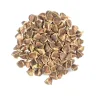
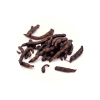
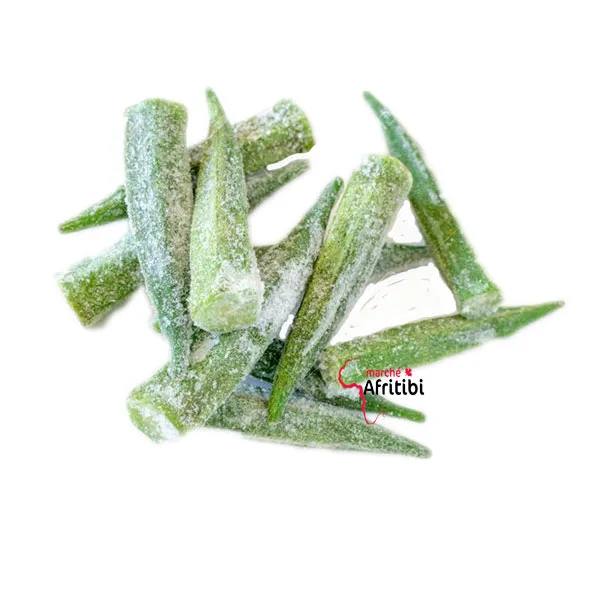
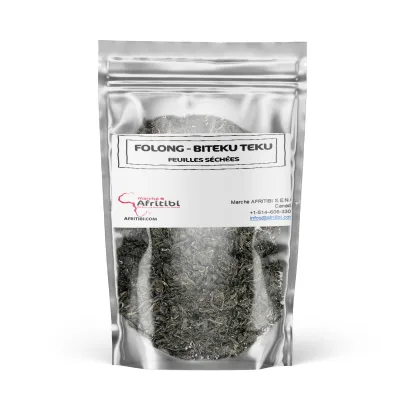
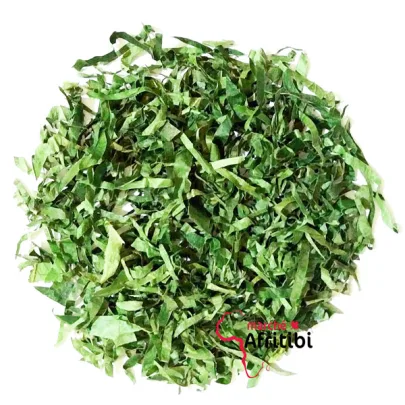
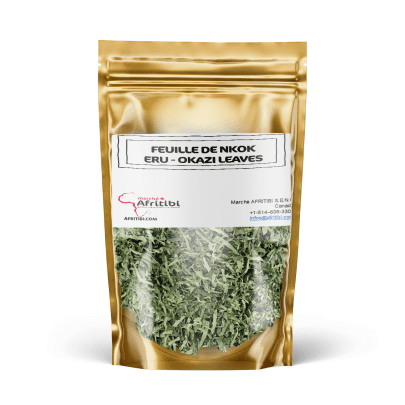

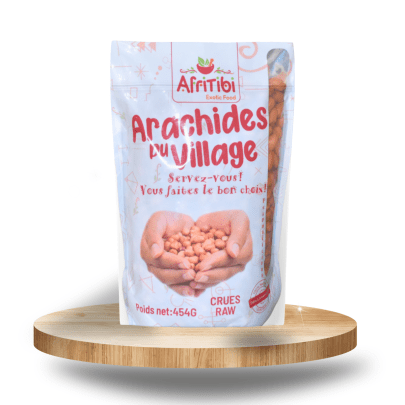
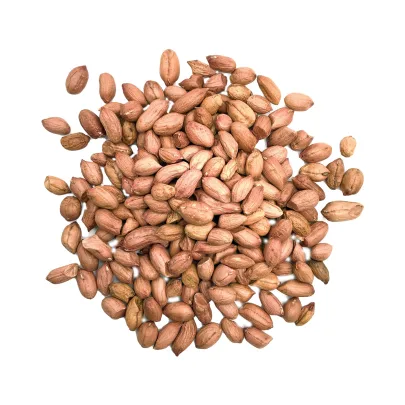
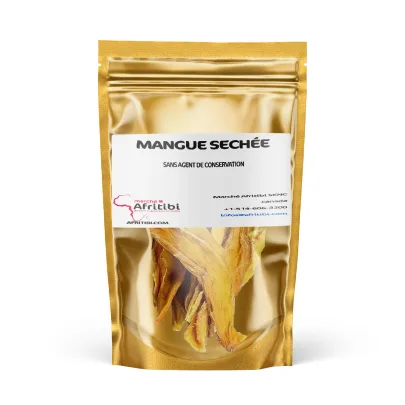
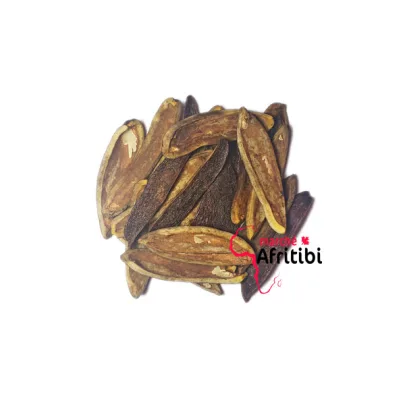
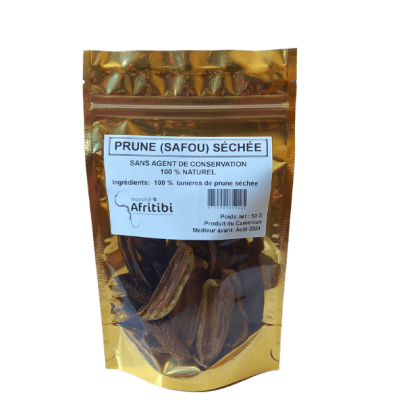
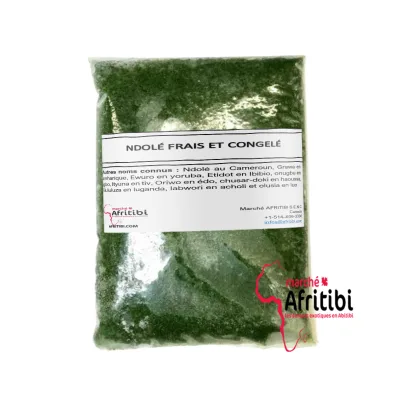
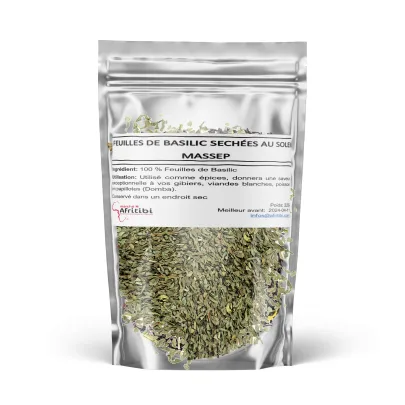
Reviews
There are no reviews yet.